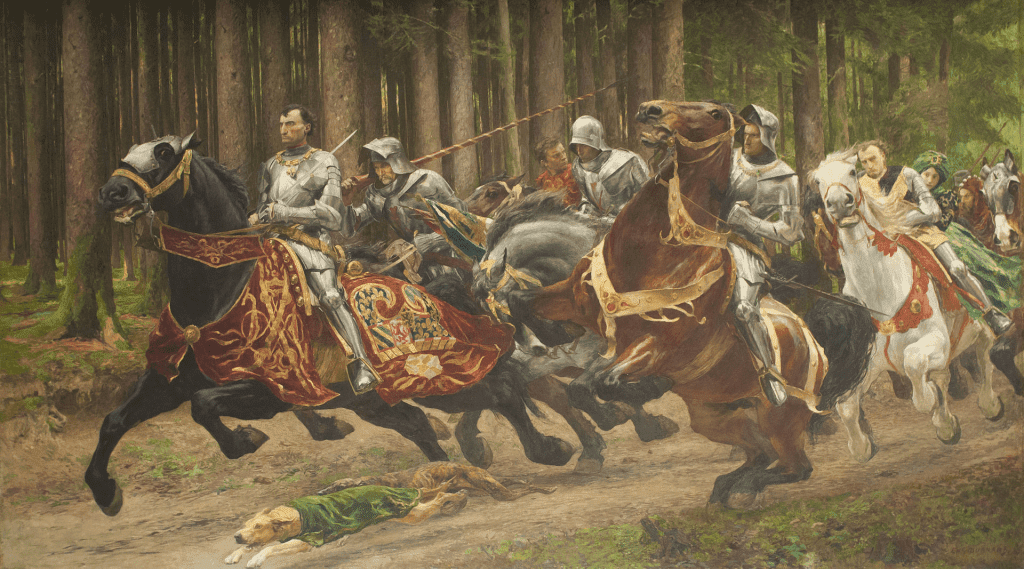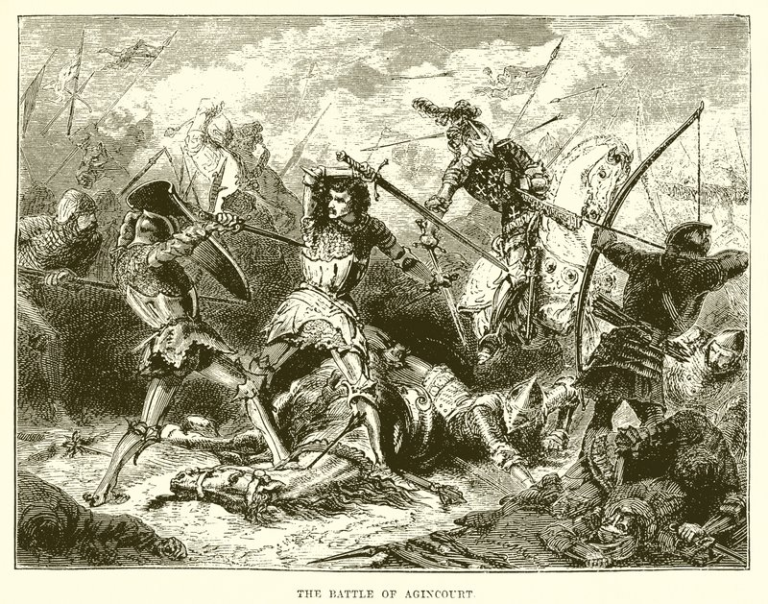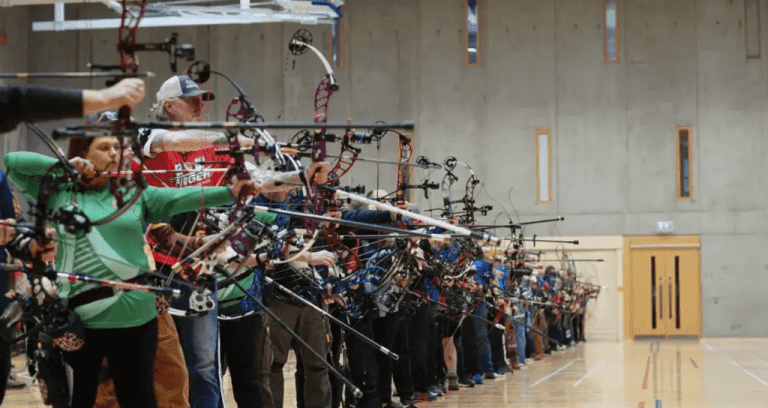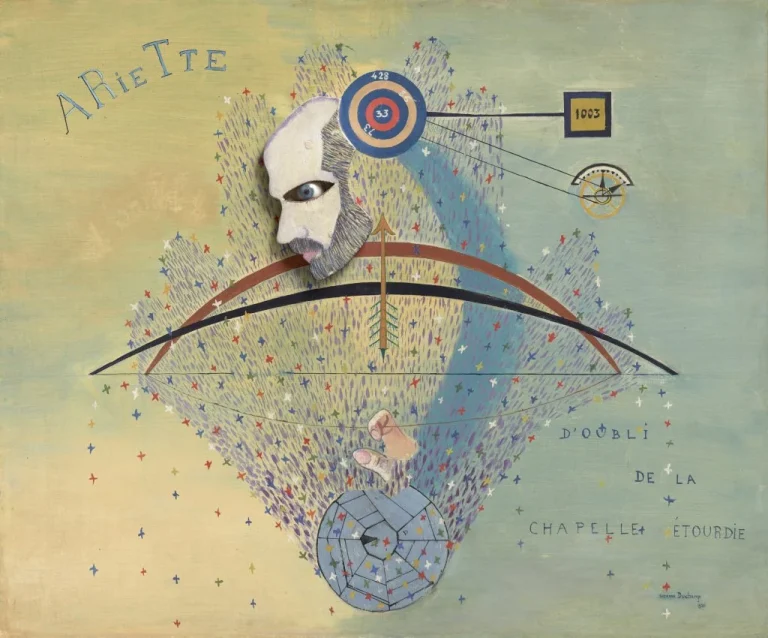
Some men arrive larger than their birthplaces. They carry a heat that pushes maps outward, seeks new borders, stamps a name into the grain of years. When such a figure drops, ordinary endings jar the ear. An unassuming death jars even more. So stories wake and walk. So with Charles, last great Duke of Burgundy, known as the Bold. Winter 1477 set its teeth in the fields outside Nancy. The official account names a soldier’s fall in battle. Another account—soft-spoken, persistent—leans toward a different end. It pictures the body away from the main crush, half-sunk in a frozen stream. It names the cause with surgical economy: an arrow through the skull, a clean, professional shot. The whisper reorganises everything. An archer in the flurry, an order from a distant chamber, a single shaft sweeping a king-maker from the board—assassination as policy, snug as a glove around the calculations of men like Louis XI, the Swiss magistrates, or the Emperor’s circle. Cold, geometric logic and a feathered signature. To feel the pull of that story, a reader first enters the man’s ambition. Charles governed a middle realm that dazzled the late medieval eye: dykes and counting houses in the Low Countries; rich cloth towns across Flanders and Brabant; Burgundian vineyards under winter light. His court glittered—Jan van Eyck’s quiet gaze; Rogier van der Weyden’s tender iron; collars of the Golden Fleece flashing flint and gold. He sat at the centre with a will that never slackened.
His project reached backward toward Lotharingia and forward toward a crown. He sought to join north and south, absorb the hinge between them, and win a royal title from the Emperor. He pictured a third power standing shoulder to shoulder with France and the Empire. Pride fed him. Piety steeled him. Rage moved through him like an iron rasp. French tongues named him le Téméraire—rash, headlong, a verdict tucked inside a title. Such appetite created its own weather. Louis XI crouched in draughty towers like a patient spider, working cords of gold and sticky threads of promise. Charles advanced in the open, breastplate shining; Louis preferred the slow coil of influence. The King’s sharpest instrument gathered in the Alps and across the lakes.



